Any changes in the home may reflect in behavior changes, from a divorce to a permissive aunt visiting for the week. Children can feel stress levels in their parents. They hear it in conversation, notice changes such as less patience and higher irritability. Sometimes, a bad week for the couple or dad falling asleep on the couch can fill the child’s imagination with fears of divorce, a broken home structure, losing a parent’s love and even guilt.
Children may not know how to talk about these subjects but they will react from a new, unstable position. Anger may manifest itself as a result of these fears or unresolved worries. Misbehavior is the first symptom of emotional distress over changes in the home.
Getting children to communicate requires trust. Bonding, listening, and giving children the tools to help them identify and verbalize their emotions within a safe and playful environment will aid communication and lure emotions out.
GOOD PUPPY Emotional Tools aid children at identifying and verbalizing their feelings. This allows parents to better guide their children out of negative emotions. When recognizing emotions, children understand that everyone has them and they are perfectly normal.
From
EVERYTHING HAPPENS FOR A REASON
The Little GOOD PUPPY Guide Book for Growing Good Kids
By Gabriel Tito, RMFT & Marina Tito
Learn more about the
GOOD PUPPY Children Behavioral & Emotional System



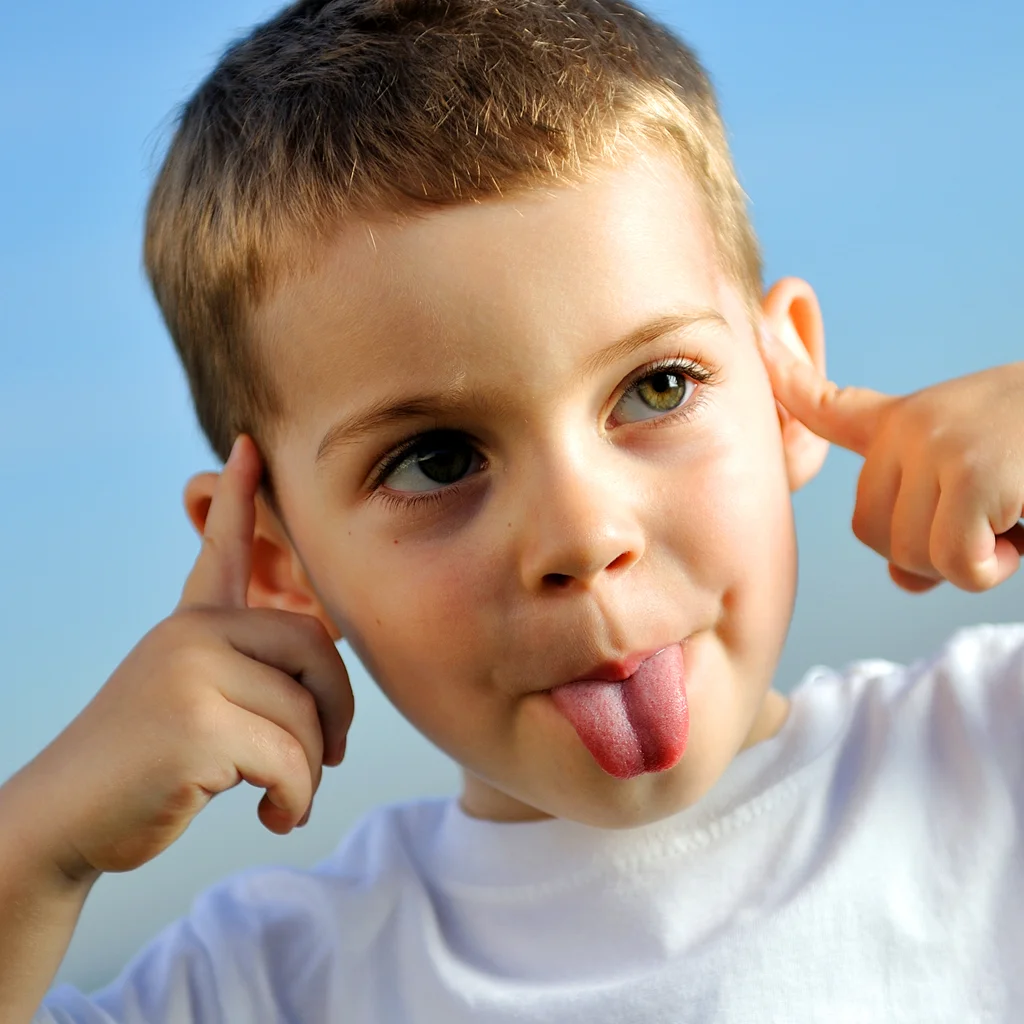





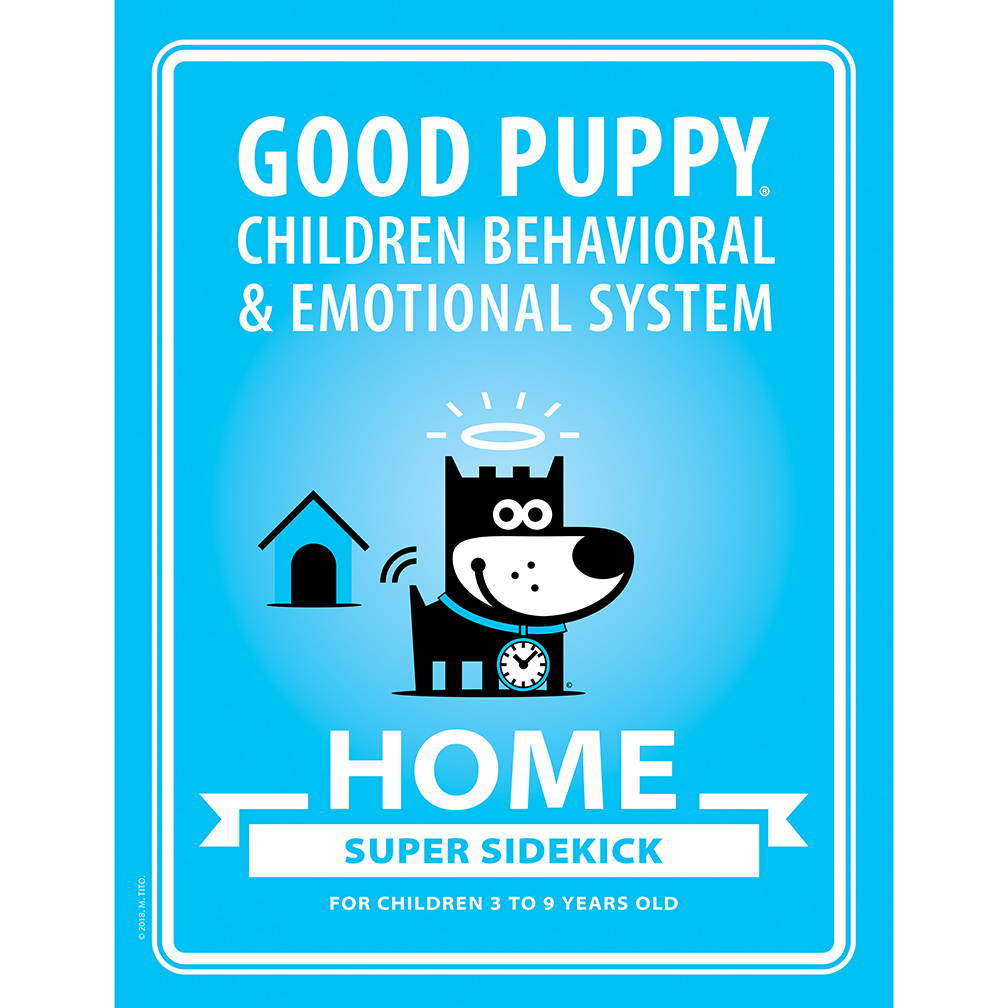
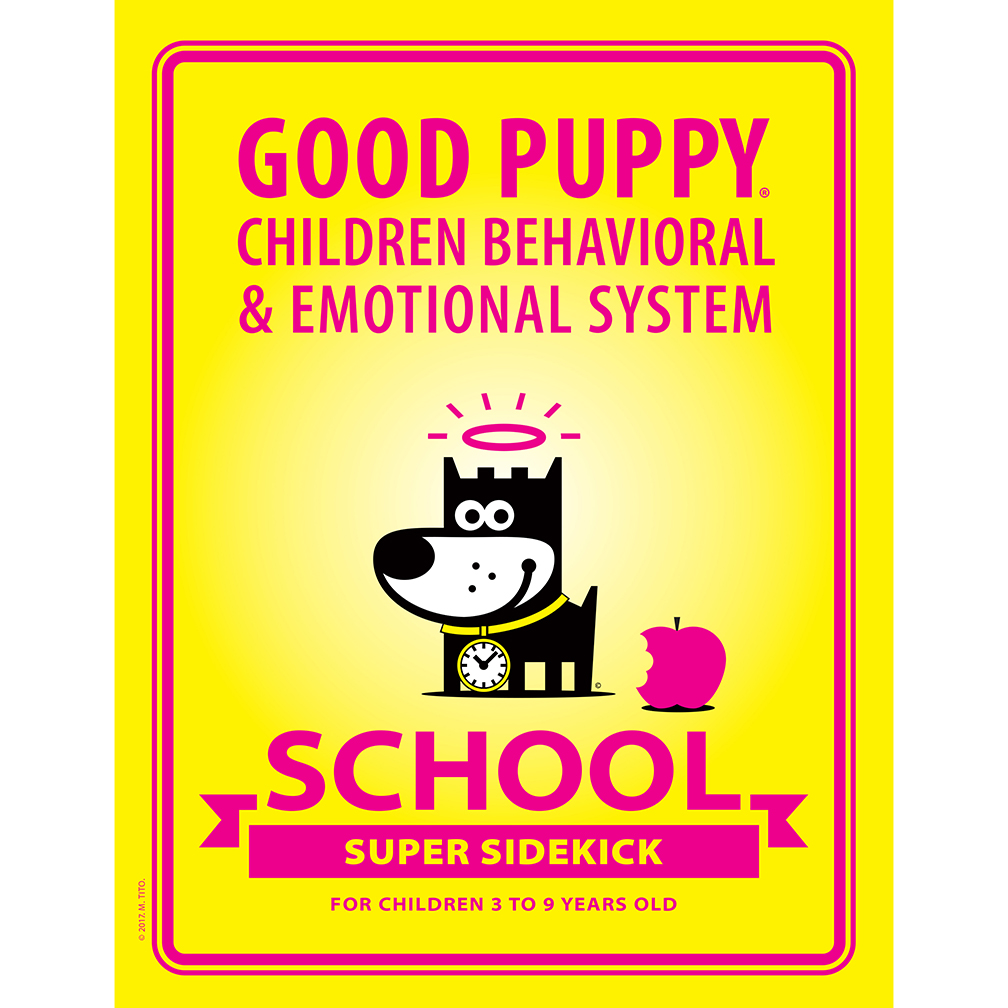
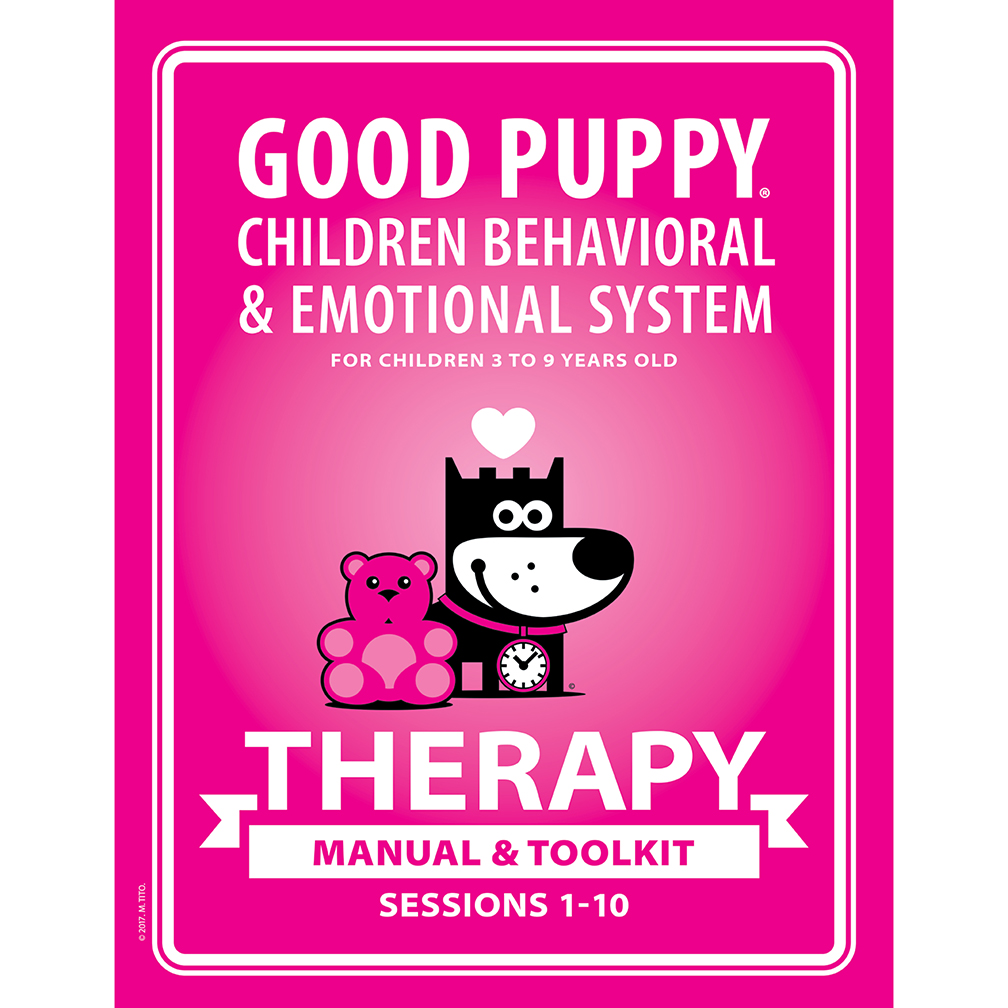
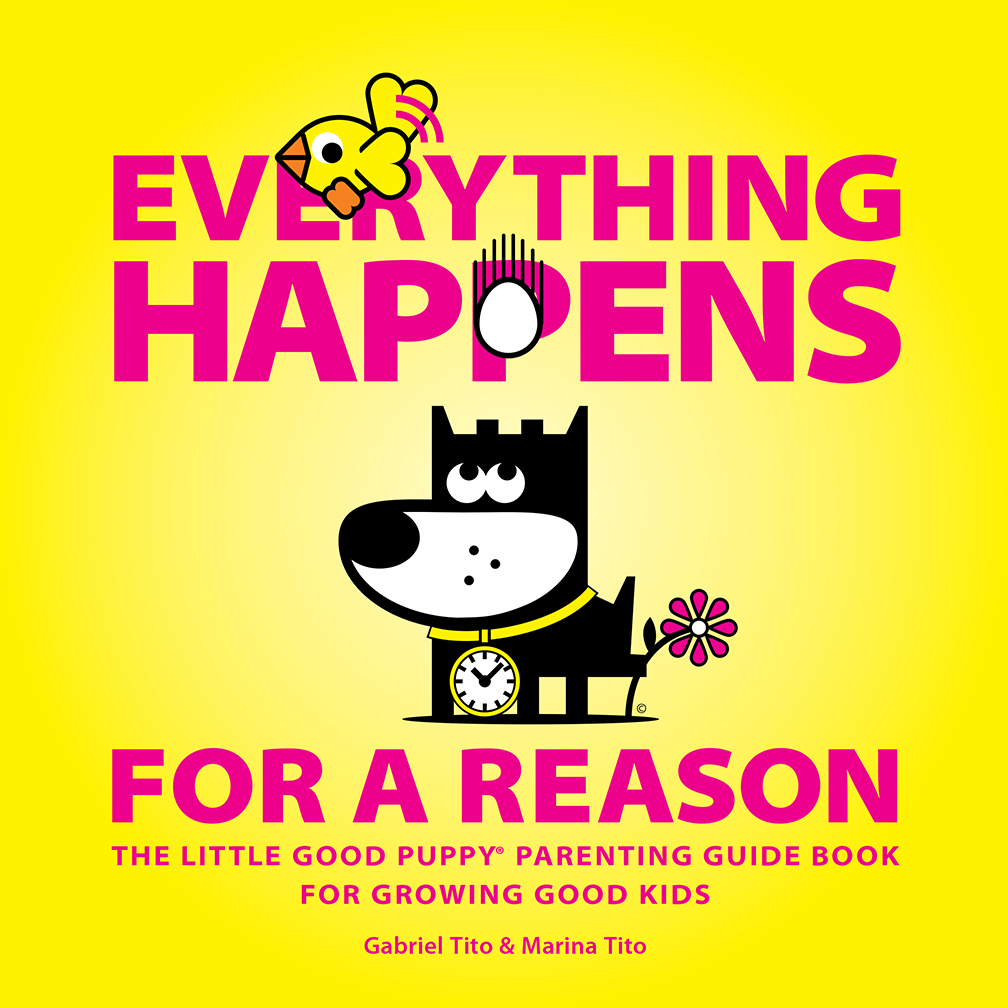

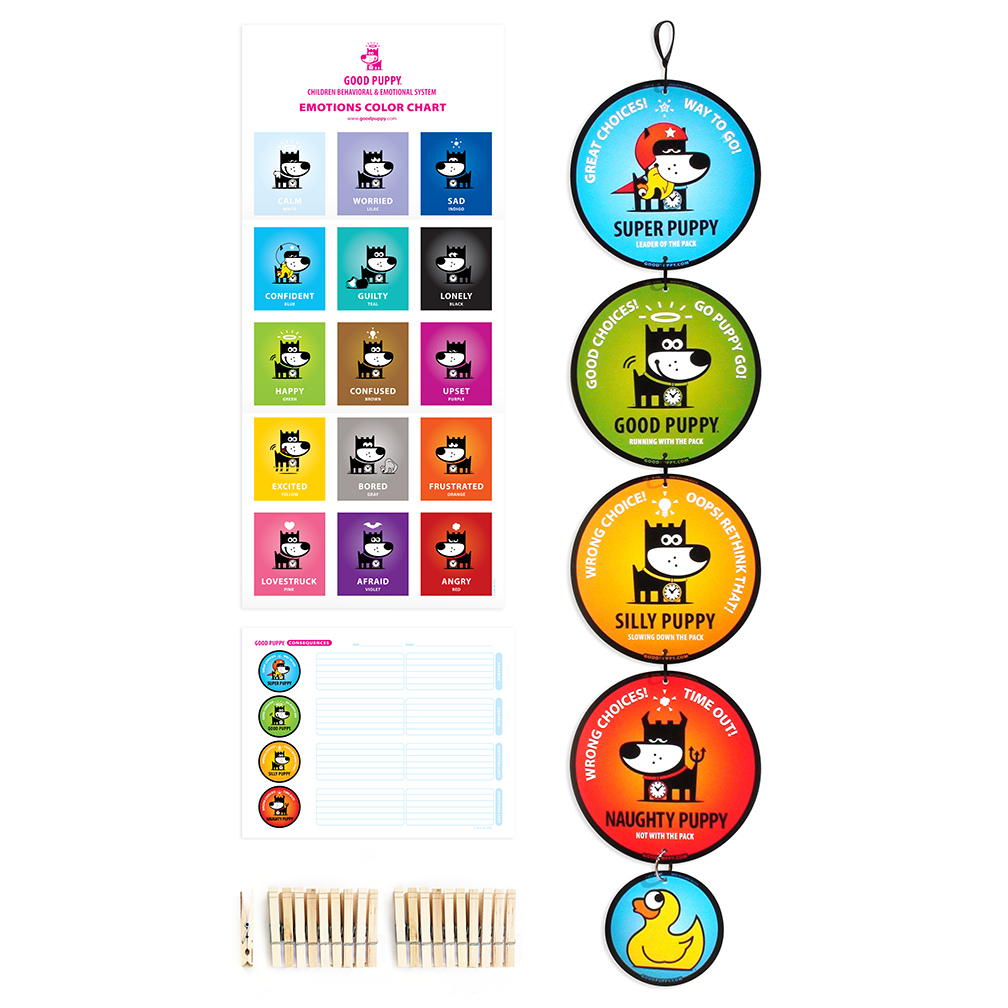
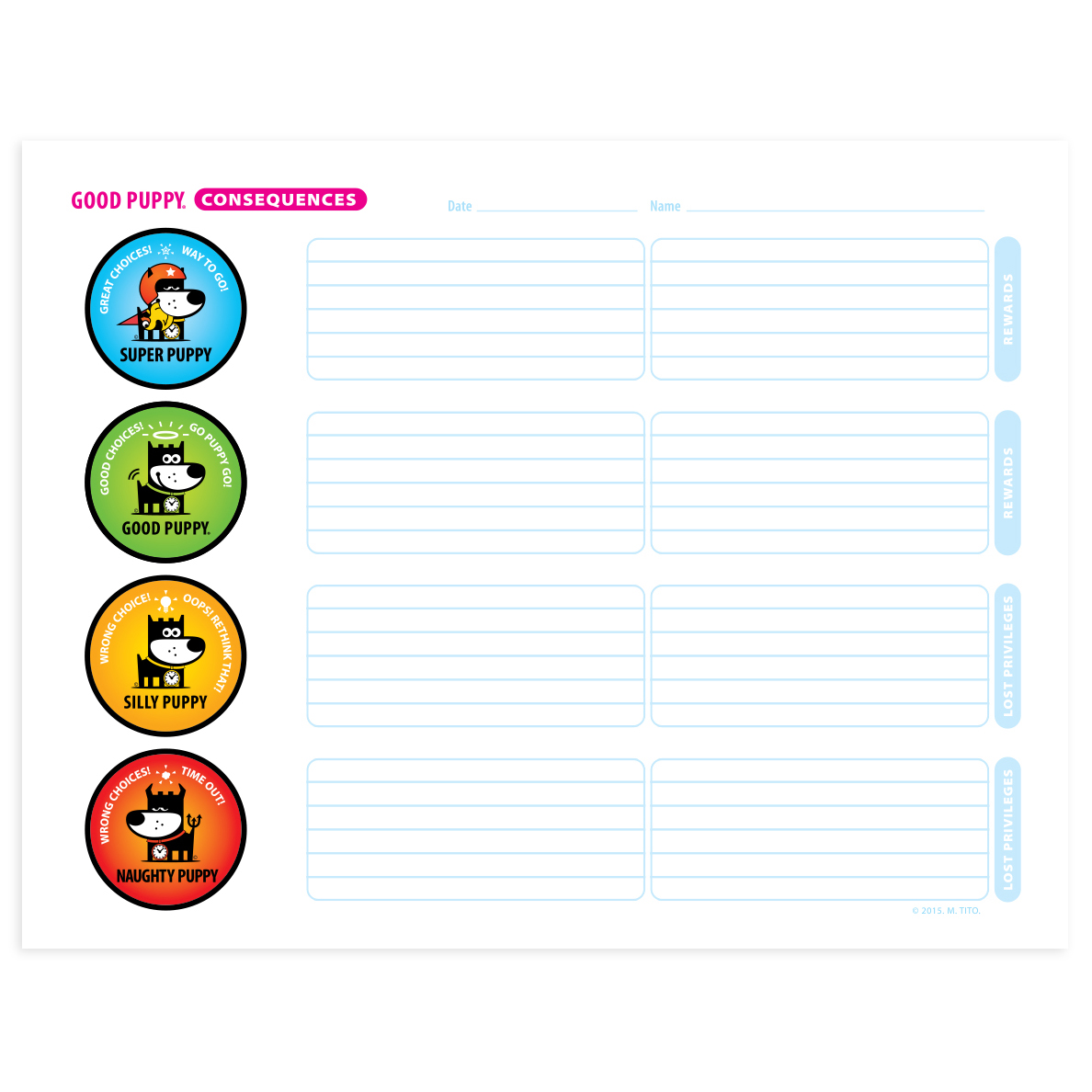



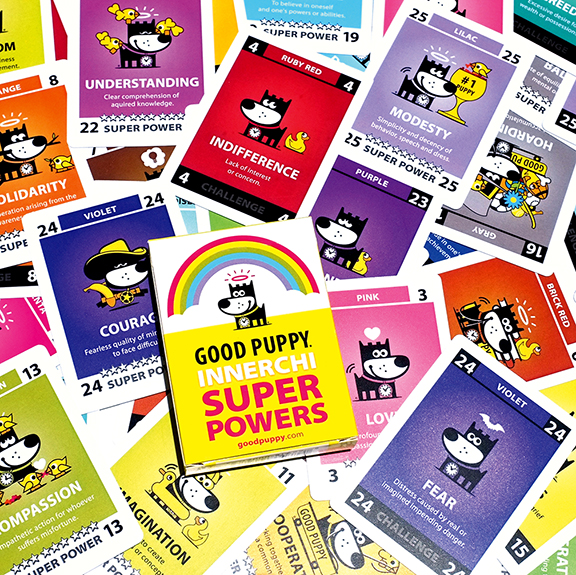

What Does It Take To Do A Good Parenting Job?
Just like any job, raising children comes with a list of requirements. These requirements allow for a positive parenting experience, beneficial to everyone. But while anyone may muster up some of these traits, it is mastering them that will turn them into parenting super powers.